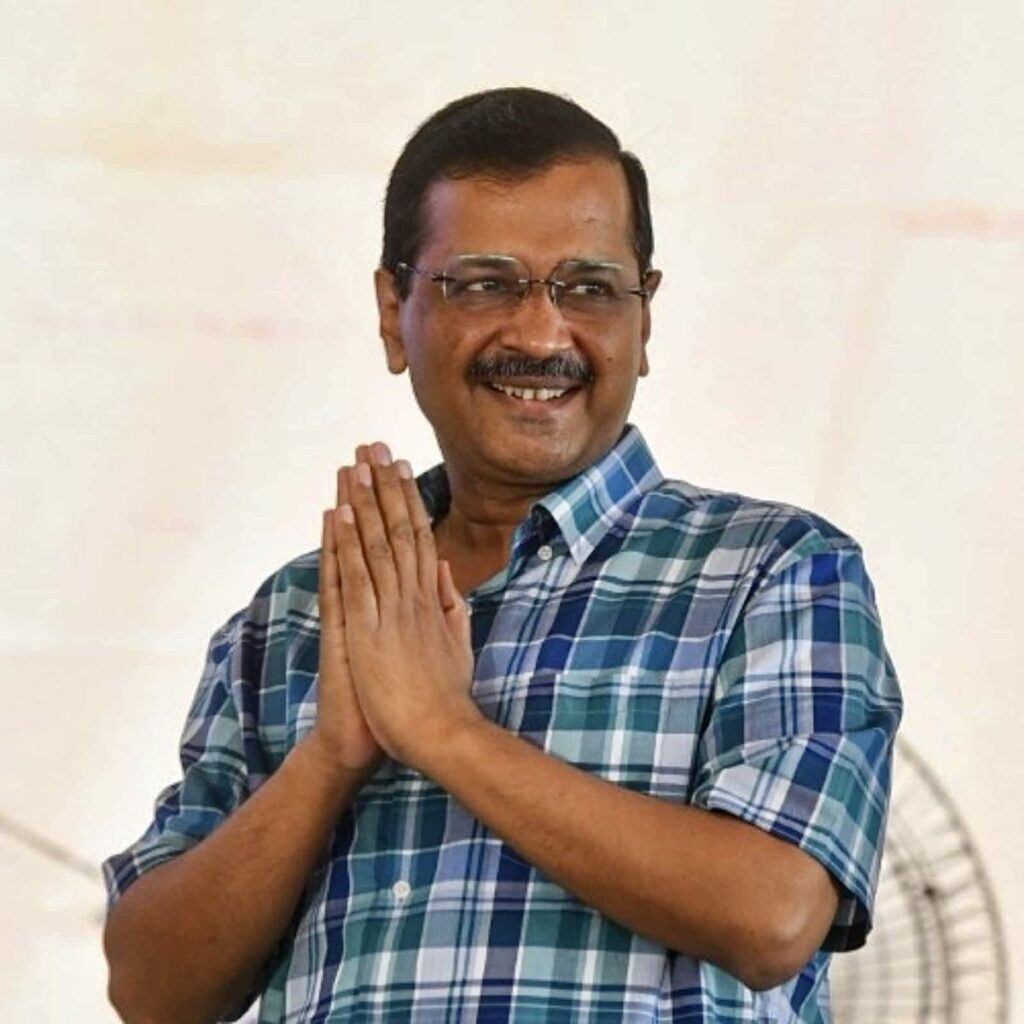Arvind Kejriwal, the chief minister of Delhi and the head of the Aam Aadmi Party (AAP), was arrested. This is a dramatic development that has angered people from all political backgrounds. The nation is engrossed in the unfolding drama, and the AAP has responded with gusto, announcing a statewide demonstration against Kejriwal’s apprehension. The drama that is developing will be even more exciting since the Supreme Court is scheduled to consider Kejriwal’s bail request today.

The arrest of Arvind Kejriwal, a well-known grassroots activist and anti-corruption campaigner, has rocked India’s political establishment. Kejriwal has frequently found himself at conflict with the establishment since he gained notoriety as a vociferous opponent of established political parties and corruption. He has faced criticism for his combative attitude and commendation for his governance initiatives during his time as Delhi’s chief minister.
Kejriwal was accused of defamation in a contentious case, which served as the initial catalyst for his incarceration. After a protracted legal struggle, Kejriwal’s detention brought the situation to a head, drawing strong criticism from his colleagues in politics and followers.
The seriousness of the issue is highlighted by the AAP’s determination to plan statewide rallies. The party is preparing for a show of strength in reaction to what it sees as an attack on democratic norms and freedom of expression. It is well-known for its capacity to organize followers and channel popular displeasure.
In the meantime, the drama developing gains an important new aspect thanks to the Supreme Court’s participation. The nation’s top court will make the ultimate decision on Kejriwal’s bail request, and the outcome is sure to have wide-ranging effects. In addition to deciding Kejriwal’s immediate future, the hearing’s decision will establish guidelines for future instances of this kind.
The arrest of a sitting chief minister has brought attention to the intricate relationship that exists in India between the legal system, politics, and public opinion. It has rekindled discussions about the need for increased accountability and transparency in the legal system as well as the improper use of legal systems for political grudges.
One thing is certain while the country waits for the Supreme Court’s ruling and gets ready for the AAP’s statewide protests: Arvind Kejriwal’s detention has brought him back into the public eye and ensured that his struggle against injustice and corruption will continue to be a major topic of discussion. Not only will the events of the next few days likely impact Kejriwal’s political future, but they will also likely influence the overall course of Indian politics.